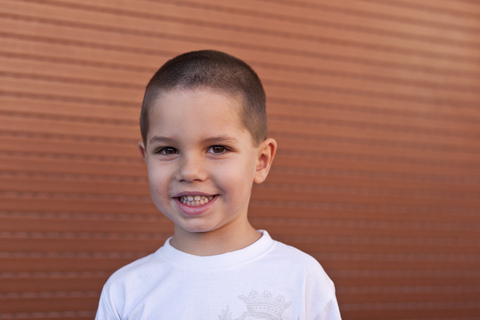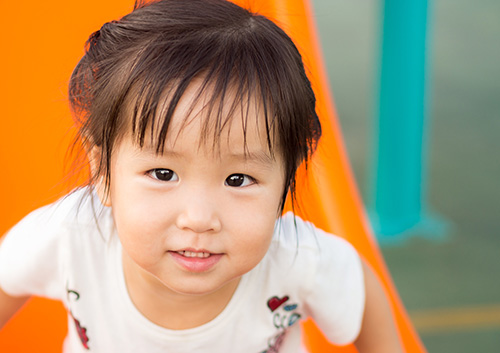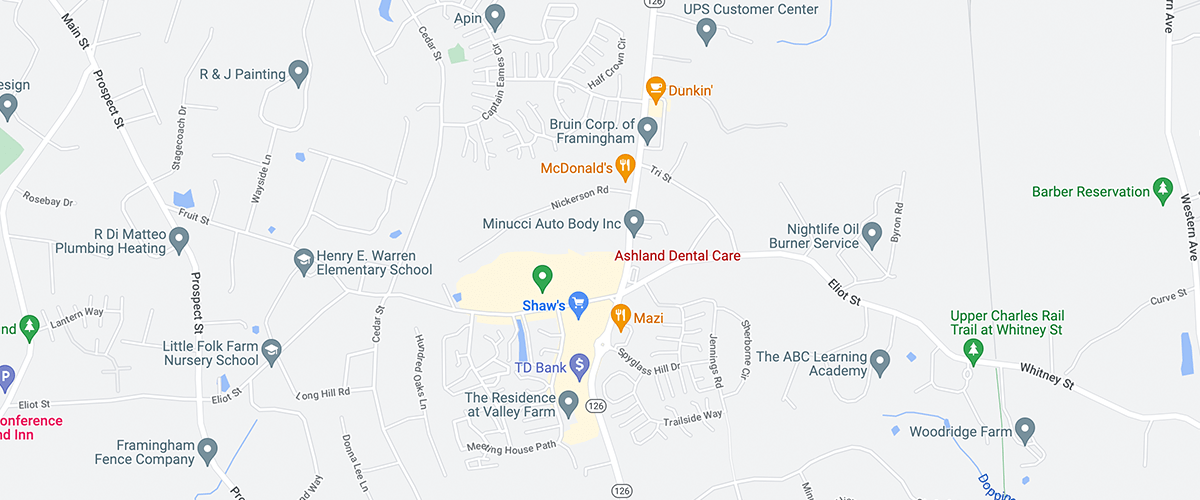December 21st, 2022

When you were a kid, your parents may have told you to drink milk to build strong bones and grow tall and strong. Now that you have children of your own, you may hear yourself parroting those instructions you received years ago. Getting enough dairy is essential for young children whose teeth are growing. A child who consumes the recommended daily serving of dairy will develop healthy, strong teeth for the rest of his or her life.
So, which foods are the best in terms of acquiring the right amount of calcium? Milk and other dairy products are excellent sources of calcium. Milk also contains vitamin D, phosphorus, magnesium, and proteins. Magnesium promotes calcium deposits in your enamel, while phosphorus forms a small but important barrier against acidic foods that cause cavities. Vitamin D and protein are used by a child’s body to build bone tissue and maintain dental health.
According to a recent study, the majority of Americans, including children, do not receive enough calcium. In fact, according to the Academy of General Dentistry, only one in five children meets even the minimum standards for calcium consumption. The U.S. Department of Agriculture recommends that children under the age of eight should receive two and a half cups of dairy per day. Children older than eight need three full cups, the same as adult men and women. In addition to milk, eating yogurt is a great way your child can increase his or her dairy consumption. Drinking sugary beverages in place of milk causes cavities and tooth decay.
If your child does not get enough dairy consumption, they run the risk of improper tooth development and other dental health problems. our doctor and our team at Ashland Dental Care encourage you to monitor your child’s dairy consumption to ensure he or she grows healthy teeth to last a lifetime.
Questions? Give us a call at our Ashland office!
December 21st, 2022

Hand-foot-and-mouth disease, or HFMD, is a type of contagious viral illness that causes a rash in the mouth and on the hands and feet of infants and young children, and, while rare, adults. Characterized by sores in the mouth and a rash on the hands and feet, hand-foot-and-mouth disease is most commonly caused by a coxsackievirus, a bacterium that lives in the human digestive tract. HFMD can spread from person to person, typically via unwashed hands.
What are the symptoms of HFMD?
Symptoms of HFMD usually begin with a fever, sore throat, poor appetite, or general malaise. A couple of days after the fever starts, kids may develop painful sores in the mouth. A skin rash characterized by red spots may also develop, usually on the palms of your child’s hands and soles of their feet. It’s important to note some children may only experience a rash while others may only have mouth sores.
Is HFMD serious? Should we be concerned?
Usually not. Nearly all children infected recover anywhere between seven to ten days without medical treatment. Rarely, however, a child can develop viral meningitis and may need to be hospitalized. Other rare complications of HFMD can include encephalitis (brain inflammation), which can be fatal.
How can my child prevent HFMD?
There is no known vaccine to defend your child against HFMD. However, the risk of your child contracting the disease can be reduced by:
- Making sure your child washes his or her hands often
- Thoroughly cleaning objects and surfaces (these include doorknobs and toys)
- Making sure your child avoids close contact with those who are infected
To learn more about hand-foot-and-mouth disease or to schedule an appointment for your child, please give us a call at our Ashland office!
March 16th, 2022

Fear of going to the dentist is more common than you may think. That’s why our doctor and our team want to make your visit as relaxing as possible.
Your anxiety about pain or routine procedures doesn’t have to stop you from visiting our Ashland office; we offer various types of sedation to remove the pain and stress from your dental procedure.
Nitrous Oxide Sedation
Nitrous oxide combined with local anesthetics ensures both pain relief and reduced anxiety for many patients. It’s useful because the dosage can be regulated during treatment, and patients are usually able to drive shortly after the procedure is completed.
Oral or Injected Sedation
With oral sedation, you may be given a pill or liquid to consume several hours before your treatment. Make sure someone will be available to drive you to your appointment, because you will not be able to drive yourself.
An oral liquid is often given to children before any shots or intravenous anesthesia. An intramuscular injection may be given at the office to provide relaxation benefits for 20 to 30 minutes.
Nitrous Oxide with an Oral Sedative
For patients with higher levels of anxiety, an oral or injected sedative can be offered before nitrous oxide begins. This can also be effective for reducing anxiety about the injection of local anesthetics itself. A liquid medication followed by nitrous oxide is beneficial for children to produce a deep sedation level.
General Anesthesia
This type of anesthesia can be offered as an inhaled gas or intravenous liquid. If no oral sedative is given before the general anesthesia is administered, you should wake up quickly after your procedure.
To reduce your anxiety, we can offer a pill or liquid medication before intravenous sedation starts. Intravenous sedation can also be used at moderate-to-deep sedation levels without complete loss of consciousness.
our doctor and our team are happy to go over your sedation or pain prevention options when you visit. We’re here to ensure all your questions are answered and your procedure is a relaxing one.
March 9th, 2022

Losing a baby tooth is often an exciting event in a child’s life. It’s a sign your child is growing up, and might even bring a surprise from the Tooth Fairy (or other generous party). But sometimes, a baby tooth is lost due to injury or accident. Don’t panic, but do call our Ashland office as soon as possible.
If Your Child Loses a Tooth
It is important to see your child quickly when a baby tooth is lost through injury. The underlying adult tooth might be affected as well, so it’s always best to come in for an examination of the injured area. The American Dental Association recommends that you find the lost tooth, keep it moist, and bring it with you to the office. Call our doctor immediately, and we will let you know the best way to treat your child and deal with the lost tooth.
Baby Teeth Are Important
There are several important reasons to look after your child’s first teeth. Baby teeth not only help with speech and jaw development, but they serve as space holders for permanent teeth. If a primary tooth is lost too early, a permanent tooth might “drift” into the empty space and cause crowding or crookedness.
Space Maintainer
A space maintainer is an appliance that does exactly that—keeps the lost baby tooth’s space free so that the correct permanent tooth will erupt in the proper position. The need for a space maintainer depends on several factors, including your child’s age when the baby tooth is lost and which tooth or teeth are involved. We will be happy to address any concerns you might have about whether or not a space maintainer is needed.
It is important to remember that there are solutions if the Tooth Fairy arrives at your house unexpectedly. Keep calm, call our office, and reassure your child that his or her smile is still beautiful!




